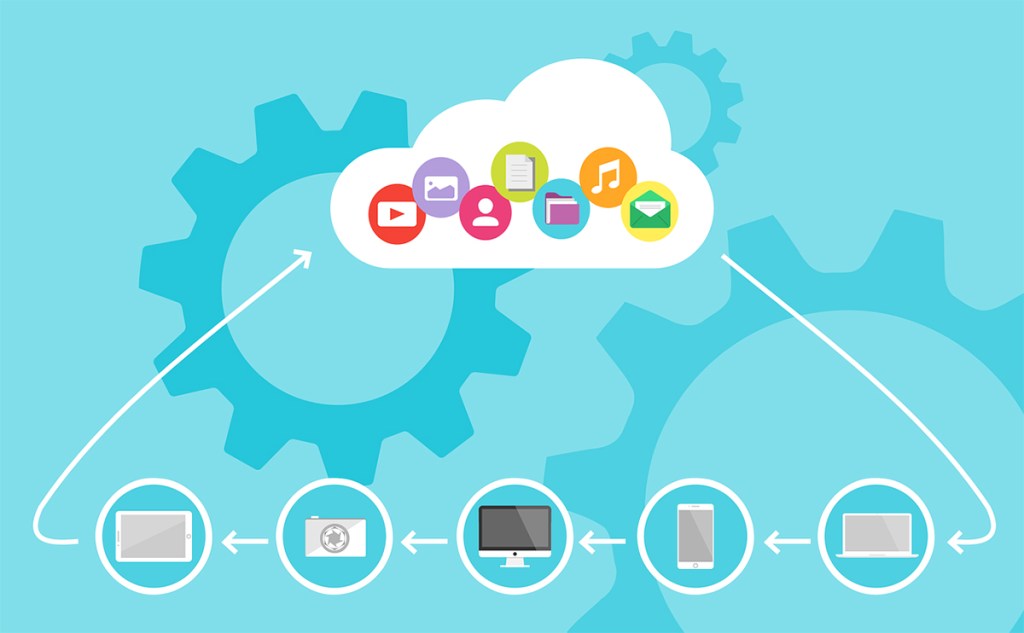Selecting the right server solution for your company is an important business decision. The choice you make will depend on your goals and your IT resources. Before making the decision to get rid of your server and move to the cloud, here are three things to consider:
- A dedicated server is a physical computer that is purchased and installed at your location just for your company’s use. Think of it as a house. You own it, you don’t share it with anyone and you’re responsible for a majority of the maintenance. Like a house, the initial cost of a physical server is higher but once you own it, it’s yours. You’re free to expand, modify and manage it as you please. The downside is that you’re also responsible for your own maintenance. In addition, accessing your data from outside your network must be done through remote software.
- A cloud server, on the other hand, is a shared virtual network environment that’s managed by a hosting provider. It’s like living in an apartment complex. You don’t have the keys to each other’s data but you’re sharing a building with many different companies. Your landlord is the hosting provider, and you’ll be placed under contract to lease the space that houses your data. The advantages of a cloud-based server are many: You can access your data from anywhere through a smart device; you’re not responsible for updates or IT support; the initial costs are less expensive than purchasing a physical server and, if anything bad happens to your store, your data will be safe. The downside is that you have restricted control over your dataspace, you must share a server with many other people and data security is not under your control.
- Another key consideration is processing power. In your own home, you have a water heater that’s yours and yours alone. Hot water (or processing power) is readily available to you and quickly replenished. With a virtual server, your water heater is shared among all of the residents of that server. If one company needs more hot water that day your available resources are diminished and your service will be lukewarm at best. One option to offset this sharing system is to pay an additional cost for priority on such resources.
But regardless of whether you’re using a traditional server or a virtual one, both will need to have backups in place. Hardware can fail no matter how you choose to host your files.
For a demonstration on how the proper software can benefit your business, click here.



